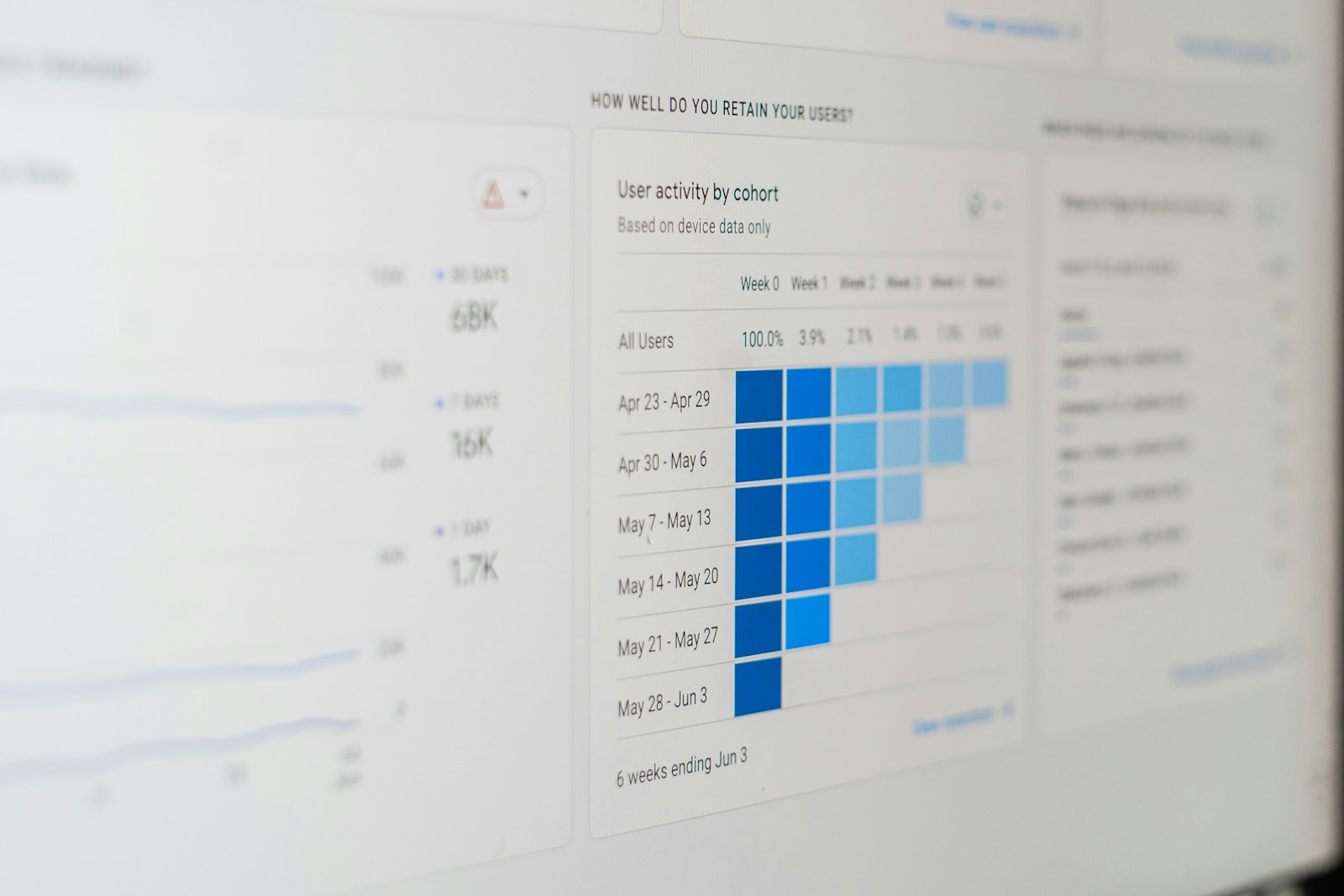AI, or artificial intelligence, has been a rapidly growing field in recent years, revolutionizing industries and changing the way we live and work. One of the most exciting aspects of AI is its intersection with robotics. Automation and robotics have been advancing hand in hand, leading to incredible breakthroughs in technology. As we delve into the future of AI, it’s clear that robotics will play a crucial role in shaping our world.
Robotics is the branch of technology that deals with the design, construction, operation, and application of robots. These machines are programmed to perform tasks autonomously or semi-autonomously, making them invaluable in a wide range of industries. From manufacturing and healthcare to space exploration and entertainment, robotics has the potential to revolutionize how we live our lives.
One of the key drivers of the future of AI in robotics is nanotechnology. Nanotech involves manipulating matter at an atomic and molecular level, allowing for the creation of incredibly small and precise components. This technology is crucial for the development of advanced robotics systems that can perform tasks with unparalleled accuracy and efficiency. Future nanotech will enable robots to be smaller, faster, and more powerful than ever before.
The integration of AI and robotics has the potential to bring about significant changes in various sectors. In manufacturing, robots can automate repetitive tasks, increasing efficiency and productivity. In healthcare, robotic surgeons can perform complex procedures with precision and accuracy, reducing the risk of human error. In space exploration, robots can be used to explore distant planets and gather valuable data. The possibilities are endless.
As we look to the future, it’s clear that AI-powered robotics will continue to evolve and shape our world in profound ways. From self-driving cars and delivery drones to robotic assistants and smart homes, the impact of automation and robotics will be felt across all aspects of society. However, with these advancements come ethical and societal challenges that must be addressed.
The future of AI and robotics raises important questions about job displacement, privacy concerns, and the ethical implications of autonomous machines. As robots become more advanced and capable, there is a risk that they may replace human workers in certain industries, leading to unemployment and economic instability. Additionally, the use of AI in robotics raises concerns about data privacy and security, as these machines collect vast amounts of sensitive information.
Despite these challenges, the future of AI in robotics holds immense promise. With continued advancements in technology and research, we can harness the power of automation and robotics to improve our lives and create a more sustainable future. By embracing innovation and addressing the ethical implications of AI-powered robotics, we can ensure that these technologies benefit society as a whole.
In conclusion, the future of AI in robotics is an exciting and rapidly evolving field that has the potential to transform industries and revolutionize the way we live and work. With advancements in nanotechnology, automation, and artificial intelligence, we can expect to see robots playing an increasingly important role in our daily lives. By addressing the challenges and opportunities presented by AI-powered robotics, we can create a future where technology enhances human potential and improves the world for generations to come.






Leave a Reply